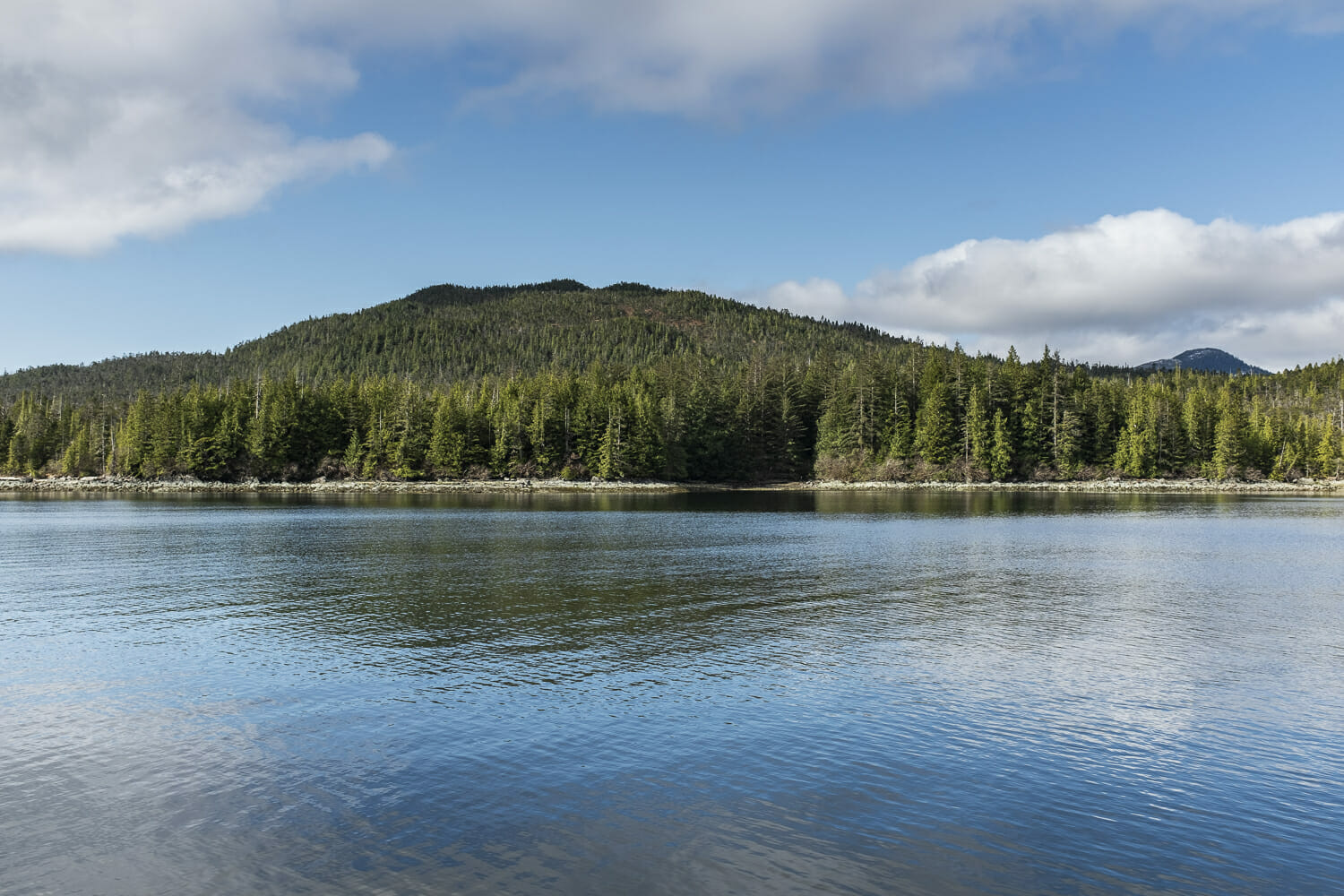
- Details
- By Jenna Kunze
- Economic Development
JUNEAU, Alaska — Sealaska Corp., an Alaska Native corporation that owns and manages the largest timber business in the state on 362,000 acres in Southeast Alaska, said last week it plans to transition out of logging after more than 40 years.
“Logging created value for our Alaska Native shareholders for decades, and it brought us to where we are today,” Sealaska CEO Anthony Mallott said in a statement. “We’re grateful for the commitment and professionalism that led to our success. But we’ve now built an organization that can thrive well into the future, and that means engaging in activities with more enduring benefits for our communities.”
The company plans to shift its operations to businesses “better aligned with Sealaska’s Alaska Native heritage,” Mallot added. That includes business ventures built over the last six years that focus on oceanic industries such as marine construction, seafood production, tourism, geotechnical engineering and ocean remediation.
According to a statement from the company, the more than 23,000 shareholders of primarily Tlingit, Haida and Tsimshian descent are not likely to have their profit margins affected by the “small percentage” logging contributed to the company’s total revenue.
The corporation reported its highest income to date in 2019 at $77.8 million, up significantly from $65 million the year prior.
Sealaska’s communications team declined to comment on how the company will manage its land moving forward.
According to Alaska state forester and forestry division director John “Chris” Maisch, it’s hard to predict how Sealaska’s transition out of logging might affect the industry without knowing the corporation’s management plan moving forward.
The logging industry, which Maisch said has shrunk dramatically in the last 25 years because of changes in federal policy, employs about 400 workers including loggers, millers and truckers.
“What (Sealaska’s) activity does is it affects the economics of the industry in Southeast because they are a big piece of it,” Maisch said. “It becomes more difficult for the remaining industry to have some of the economies of scale that they all benefit from to keep costs down.”
One Native village corporation along the Gulf of Alaska in Yakutat has been working to revive the timber industry to keep its small economy afloat. Yak-Tat Kwaan Corporation’s Yak Timber logs second-growth timber on its land “in hopes of reviving the logging industry in Yakutat, boosting the local economy and providing much needed local jobs,” according to its website.
Alternatively, one Alaskan village is purchasing timber from its local Native corporation for other purposes such as heating. In the Village of Galena on the Yukon River, an alternative energy project was implemented in 2014 when heating costs became too high. The village installed a wood-fired boiler system fueled by local biomass purchased from Gana-A’Yoo Services Corporation to replace its diesel system and cut down on energy costs by about 50 percent.
While concerns stemming from Sealaska’s departure from logging remain, a new business model could create new opportunities for the region, Maisch said.
“This industry is here to stay,” he said. “Some exciting opportunities are on the horizon for those with a long-term perspective for investment in the region.”
For Sealaska, the shift away from logging comes after it invested in 2016 in a seafood processing business located in Seattle, Wash. as part of its restructuring plan to diversify revenue streams and focus on ocean industries.
In April 2020, Sealaska invested in Barnacles, a Juneau-based food company that manufactures products made from locally sourced bull kelp, such as salsas, hot sauces, pickles, jams and jellies. With backing from the corporation, the four-year old company hopes to become a household name in the state.
